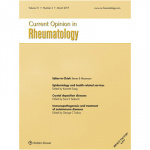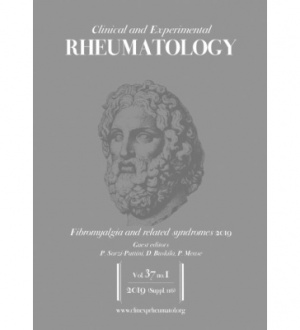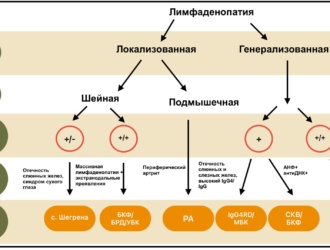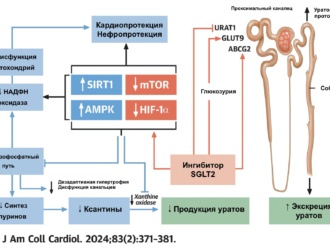 PURPOSE OF REVIEW:
PURPOSE OF REVIEW:
Gout is associated with the risk of cardiovascular morbidity and mortality, but the biological relationship between the two remains uncertain. The demonstration of reduction of cardiovascular risk with appropriate gout treatment would argue for a causal role for gout in cardiovascular disease. We reviewed recent studies that address the relationship between gout and cardiovascular disease.
RECENT FINDINGS:
Studies are conflicting; some show that lowering serum uric acid levels leads to better cardiovascular outcomes, whereas others show no such benefit. Inconsistencies in study design may contribute to these variations in outcome. Additionally, different gout treatment strategies may affect cardiovascular outcomes differently.
SUMMARY:
Despite an abundance of data generated in the last 5 years, it remains unclear whether treating gout with urate-lowering therapy provides a cardiovascular benefit. Additionally, further studies are needed to clarify whether different urate-lowering drugs confer different cardiovascular risks or benefits. Nonurate-lowering agents used for gout or commonly used in gout patients, such as colchicine and statins, may also improve cardiovascular outcomes in this population.
Abeles AM, Pillinger MH.
Curr Opin Rheumatol. 2019 Mar; 31 (2): 118−124
doi: 10.1097/BOR.585.







